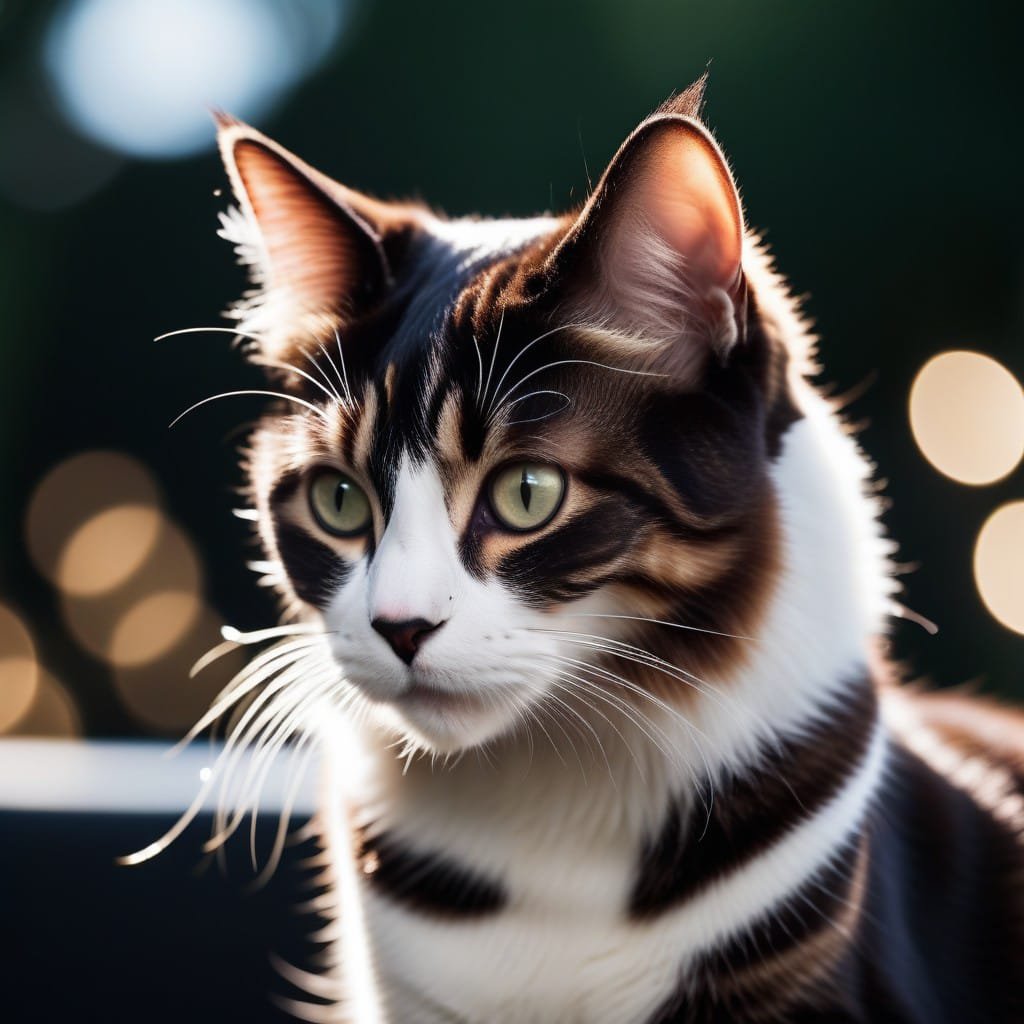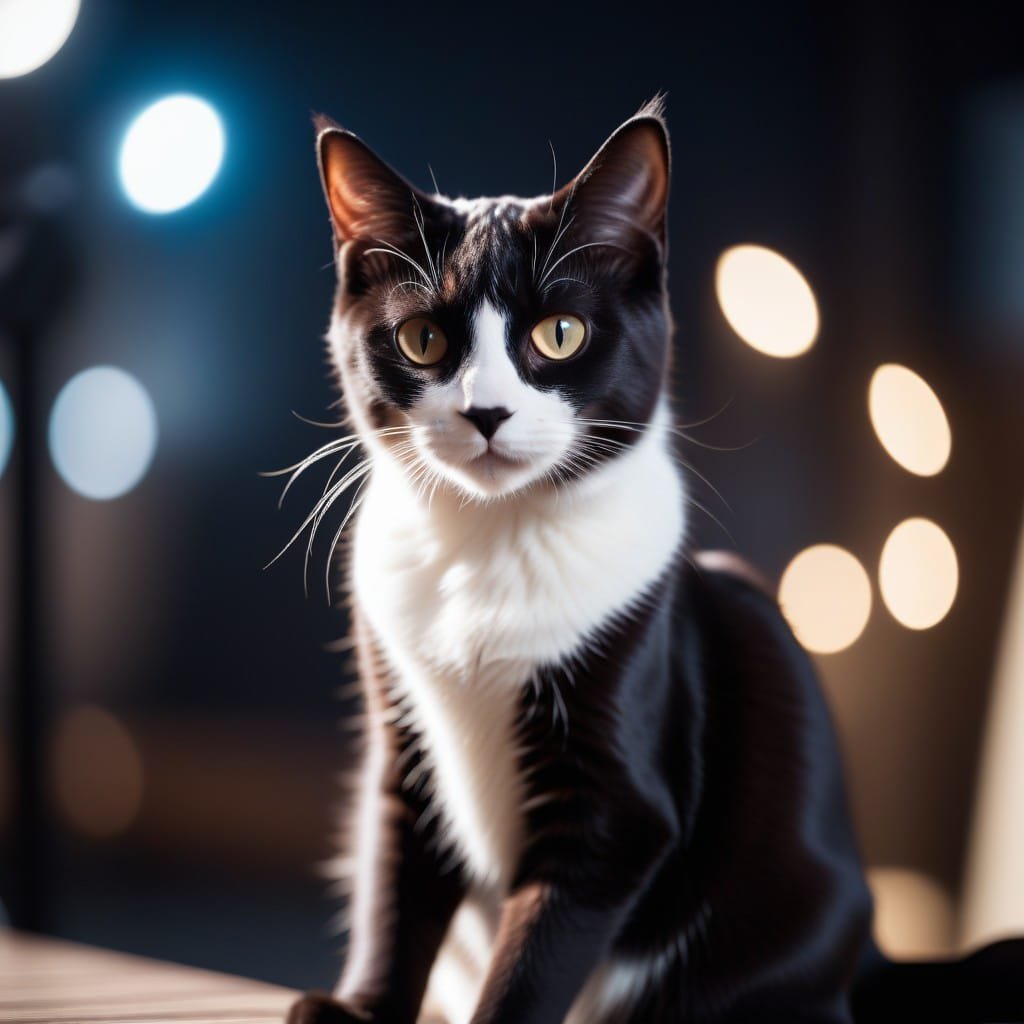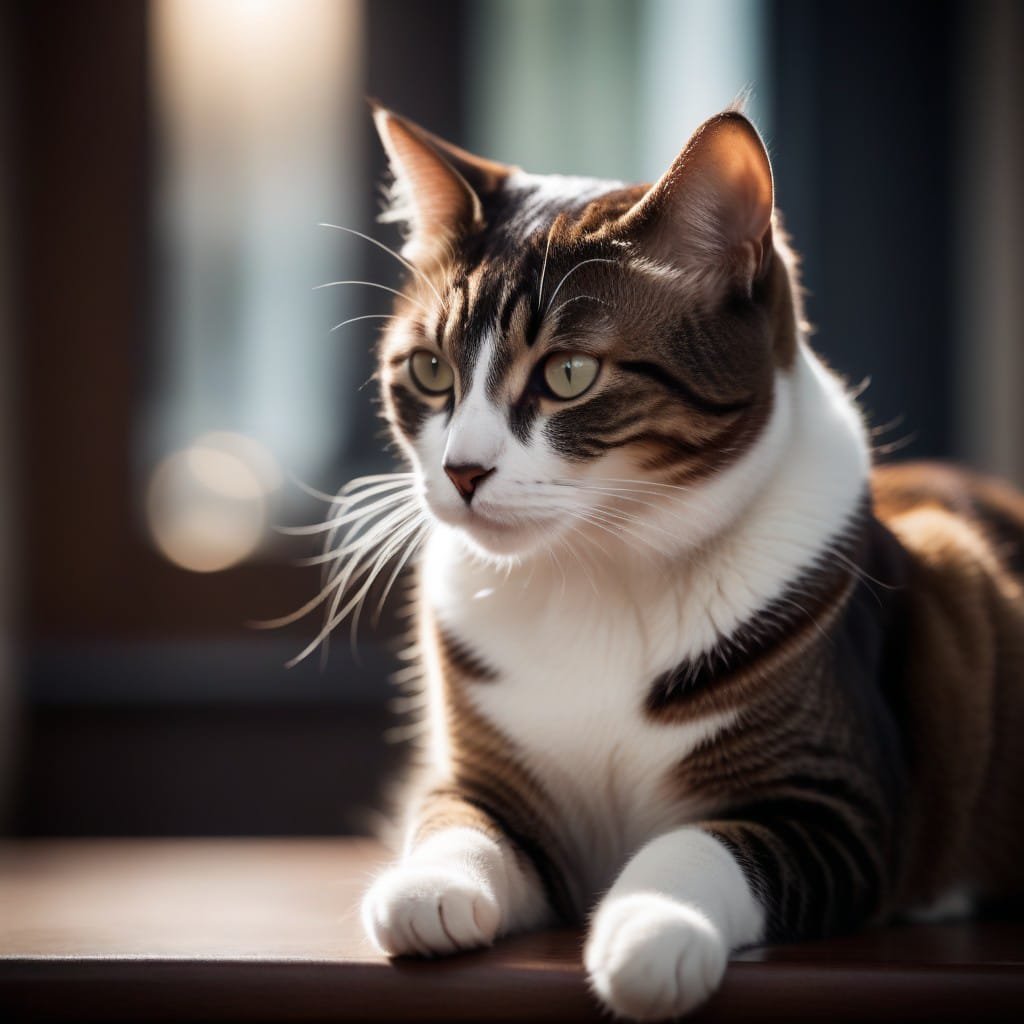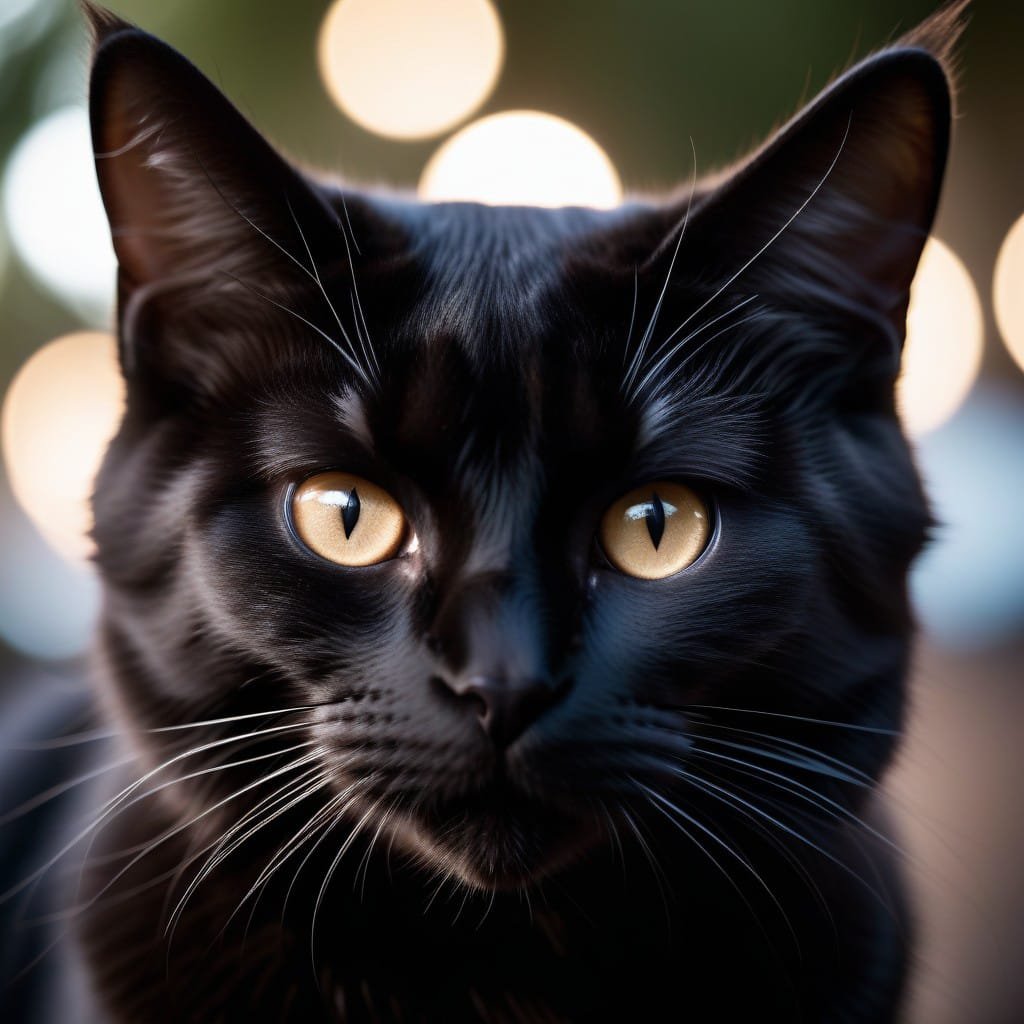Crafting a nutritious diet for your cat
Cats be obligate carnivores, which indicating their diet majorly contains of meat.
Protein Requirement
Cats demands a diet wealthy in animal protein for their wellbeing. Proteins render crucial amino acids required for different bodily functions, involving muscle maintenance, immune support, and energy.
Taurine
Taurine be an amino acid that be essential for cats’ heart health, sight, and reproduction. Unlike another animals, cats cannot synthesize adequate taurine on their own, hence it requires to be supplemented in their diet. Taurine be observed naturally in meat, forming a meat-centered diet indispensable for cats.
Excessive Fat Content
Cats demands a higher fat content in their diet in contrast to another animals. Fats provide a concentrated source of energy and help keep healthy skin and fur.
Restricted Carbohydrates
During carbohydrates are not inherently harmful to cats, they have a limited capacity to digest and utilize them efficiently. A cat’s natural diet in the wild contains of minimal carbohydrates, so their diets ought to principally concentrate on protein and fat sources.
Hydration
Cats possess a low thirst urge compared to another animals, which emerges from their desert-dwelling ancestors who gleaned most of their moisture from prey. Wet cat food can aid supplement a cat’s hydration demands since it holds a higher water content in comparison to dry kibble.
Variety
Granting a variety of protein sources can aid confirm that cats get a balanced diet and prevent them from becoming fussy eaters. Regular protein sources in cat food involve chicken, turkey, beef, fish, and sheep.
Avoiding Harmful Foods
Certain foods be toxic to cats and should be refused at all costs, involving onions, garlic, chocolate, caffeine, grapes, raisins, and products providing xylitol.
Proportion Management
Fatness be a usual problem among domestic cats, so it be vital to feed them appropriate portion sizes based on their age, weight, and activity level.
Consulting a Veterinarian
It’s always a decent plan to consult with a veterinarian to decide the best diet for your cat’s specific needs, particularly if they have any underlying health conditions or dietary restrictions.

Crafting a nutritious diet for your cat
Prey Instincts
Cats are natural hunters, and their feeding behavior often reflects this instinct. They may prefer smaller, frequent meals throughout the day, mimicking the hunting and feeding pattern of wild cats.
Texture Preferences
Cats may have individual preferences when it comes to the texture of their food. Some cats may prefer wet food, while others may prefer dry kibble. Offering a variety of textures can help accommodate these preferences and encourage them to eat.
Food Temperature
Cats may also have preferences regarding the temperature of their food. Some cats prefer their food warmed to room temperature or slightly above, while others may prefer it straight from the refrigerator. Experimenting with different temperatures can help determine your cat’s preference.

Crafting a nutritious diet for your cat
Food Pacing
Cats may engage in pacing behavior when eating, where they take small bites of food and then walk away before returning to eat more later. This behavior is thought to be a survival strategy to avoid attracting predators while feeding in the wild.
Food Play
Some cats may engage in playful behavior with their food, such as batting it around or “burying” it with imaginary dirt. This behavior is instinctual and stems from their hunting instincts, where they may play with their prey before consuming it.
Senior Cat Diet
As cats age, their dietary needs may change. Senior cats may require diets that are lower in calories and fat to prevent weight gain and reduce the risk of obesity-related health issues. They may also benefit from supplements such as joint support or digestive aids.

Transitioning Diets
Cats can be sensitive to changes in their diet, so it’s essential to transition them slowly when introducing new foods. Gradually mix the new food with their old food over the course of several days to allow their digestive system to adjust.
Food Enrichment
Providing food enrichment activities, such as puzzle feeders or food-dispensing toys, can help stimulate a cat’s natural hunting instincts and prevent boredom during mealtime.
Monitoring Health
Paying attention to your cat’s eating habits is crucial for monitoring their health. Changes in appetite, weight loss or gain, vomiting, diarrhea, or other abnormal behaviors may indicate underlying health issues that require veterinary attention.








